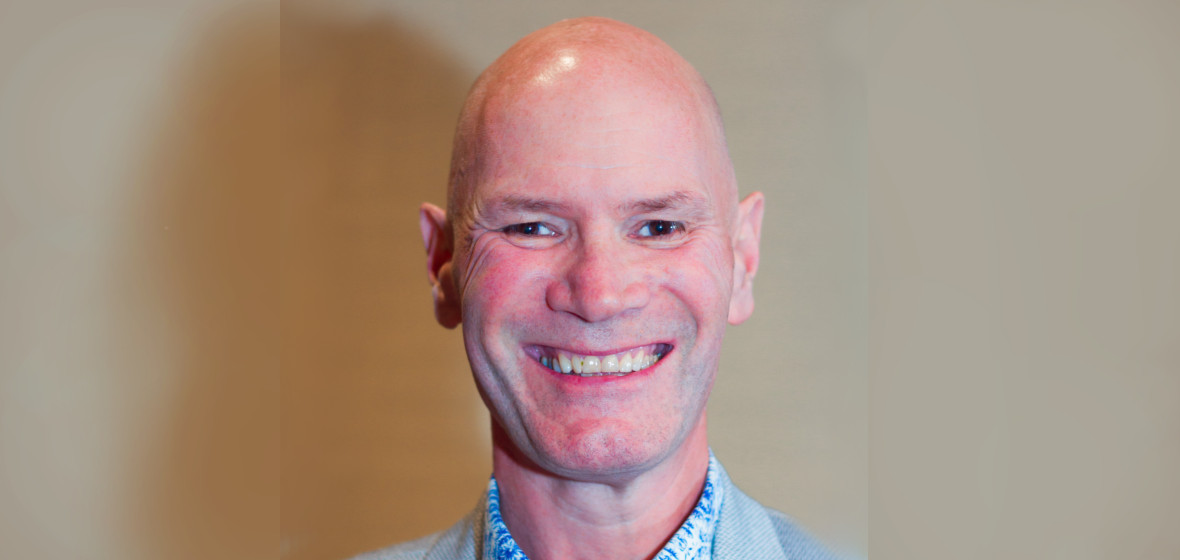Don’t wear your lawyer hat all the time. As an employee, you are expected to exercise a voice about things that affect the company.
Justin Moses worked for 30 years as part of the in-house legal team at Westpac before joining lexvoco and, more recently, AIME Mentoring, an Indigenous organisation aimed at overcoming educational inequality. With decades of experience, Moses reveals his thoughts on an in-house career and shares his top tips for how to succeed in the sector.
As a graduate lawyer for Westpac, Justin Moses obtained a less traditional form of legal training.
“There’s one school of thought that says you should have junior lawyers trained by private practice firms and then bring them into the in-house environment three to five years later, but I have never subscribed to that view,” he says.
Moses was trained primarily by bankers but says they may as well have been lawyers because they understood legal principles so well. Throughout his career, Moses has also sought to learn from his private practice counterparts.
“At Westpac, it was amazing to be working with and learning from fantastic lawyers from major Australian and international law firms on really major transactions,” he says.
He acknowledges the tension that exists between in-house teams wanting to do more of this “interesting work” and whether organisations have the internal capability to do so.
To succeed, Moses says in-house lawyers need to consider themselves employees of the organisation first and lawyers second.

Moses also advocates the importance of maintaining relevance.
“Don’t just upskill technical and business skills. Understand what’s going on for your company in a competitive and regulatory landscape,” he says.
“It used to dismay me that out of a big team of lawyers who produced all sorts of fantastic material relating to itself, so few would take the time to read it. Their reason would be they’re too busy.
“But how much better would the quality of your work be if you stepped back and educated yourself about stuff that’s fundamental to why you’re even there in the first place?”
Crucial to working in-house is open communication and being able to engage with people, says Moses.
“You need to get to a position where you feel comfortable to start a conversation when the CEO walks into the lift and it’s just you and them,” he says. “If you’re finding something challenging, be honest about it and seek help.”
Fundamental to Moses’ passion for the sector is his continuous commitment to learn.
“In my new role I’m still learning. It’s a very wide-ranging role, which is nice. It’s also a very young organisation; the CEO is 34 years old. I’ve had to learn that the way I think things should operate is not always right for the organisation.”
Moses encourages lawyers who are well into their in-house career to seek new challenges and opportunities to learn.
“If you’re an in-house lawyer, you can do almost anything. Sure, you might have joined as an employment lawyer but why can’t you be the lawyer in the procurement team or the IT team? Why can’t you go on secondment somewhere else in the business?”




